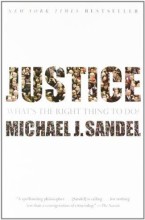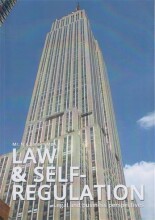The case for equality / John Rawls
6 important questions on The case for equality / John Rawls
What argues John Rawls (1921-2002) in A Theory of Justice?
What is Rawls's idea of social contract?
What principles would we choose according to Rawls?
2. Nor would we choose a purely laissez-faire, libertarian principle that would give people a right to keep all the money they made in a market economy.
- Higher grades + faster learning
- Never study anything twice
- 100% sure, 100% understanding
What are the moral limits of contracts?
constitutional convention, however representative, is guaranteed to produce fair terms of social cooperation.
But consent matters, even if it’s not all there is to justice. But it is less decisive than we sometimes think.
We often confuse the moral work of consent with other sources of obligation.
What are two principles of justice?
What principles would emerge: no utilitarianism but agree to a principle of equal basic liberties for all
citizens. And we would insist that this principle take priority over attempts to maximize the general welfare.
What principle would we choose to govern social and economic inequalities?
- Difference principle: only those social and economic inequalities are permitted that work to the
benefit of the least advantaged members of society.
On which two grounds rejects Rawls moral desert as the basis for distributive justice?
1) ‘my having the talents that enable me to compete more successfully than others it’s not entirely my own doing’
2) a second contingency is equally decisive: the qualities that a society happens to value at any given time also morally arbitrary ?? (Even if I had sole, unproblematic claim to my talents, it would still be the case that the rewards these talents reap will depend on the contingencies of supply and demand)
The question on the page originate from the summary of the following study material:
- A unique study and practice tool
- Never study anything twice again
- Get the grades you hope for
- 100% sure, 100% understanding































